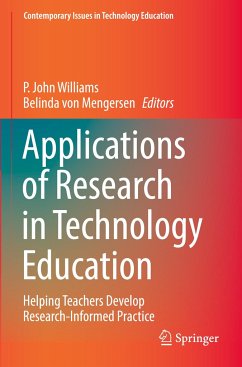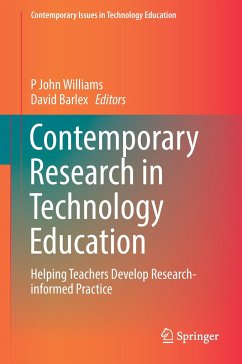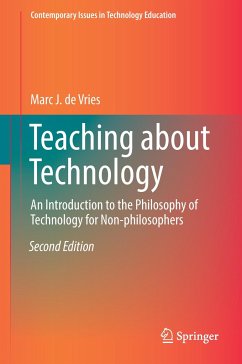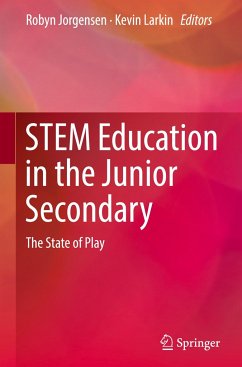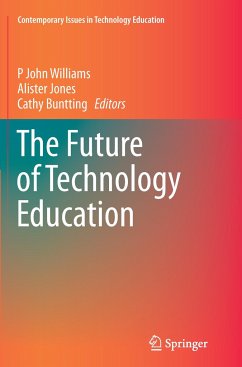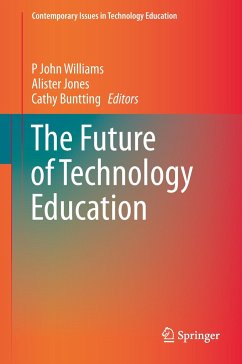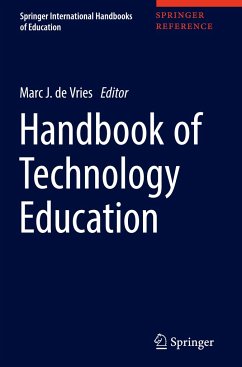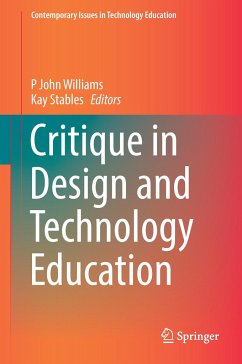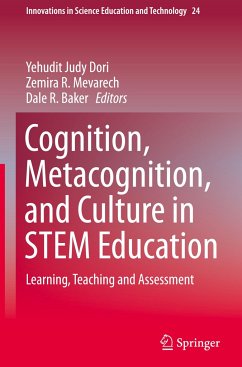
Applications of Research in Technology Education
Helping Teachers Develop Research-Informed Practice
Herausgegeben: Williams, P. John; von Mengersen, Belinda

PAYBACK Punkte
49 °P sammeln!
This book brings together significant international research in technology education through a focus on contemporary Ph.D. theses. It highlights the conceptual underpinnings and methodology of each research project and elaborates on how the findings are relevant for practitioners. This book addresses the common disjunction between research conducted and an awareness of that research by practitioners. It examines the extent to which the research aligns with different justifications for teaching technology in schools in economic, utilitarian, democratic, cultural, and other such contexts.
This book brings together significant international research in technology education through a focus on contemporary Ph.D. theses. It highlights the conceptual underpinnings and methodology of each research project and elaborates on how the findings are relevant for practitioners. This book addresses the common disjunction between research conducted and an awareness of that research by practitioners. It examines the extent to which the research aligns with different justifications for teaching technology in schools in economic, utilitarian, democratic, cultural, and other such contexts.



